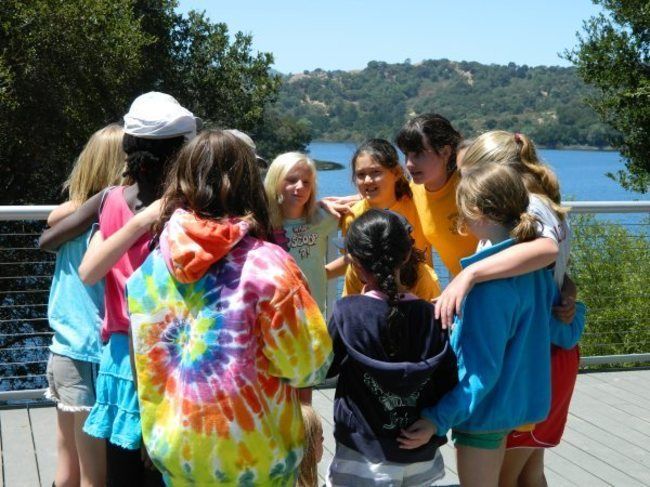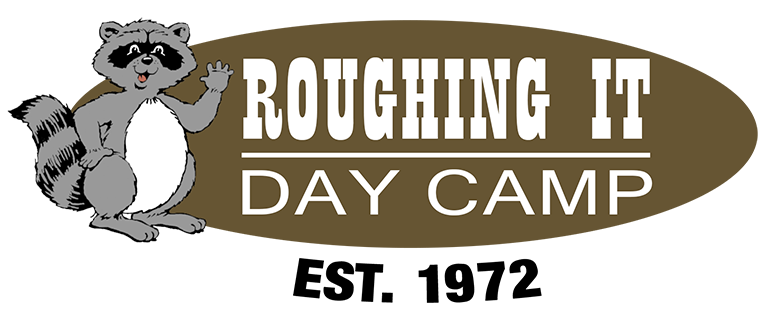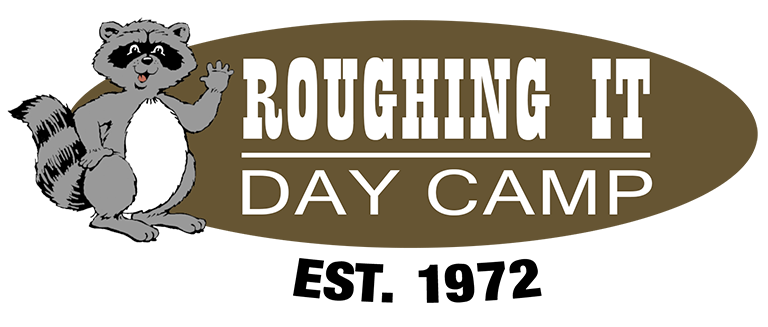Election time is a great opportunity to talk with our children about democratic decision making and look for ways they can take part in this process. Children of all ages really need to experience making decisions first hand, even at the most basic level, in their own social environments where they must learn to work with their peers, use their communication skills, negotiation skills and practice consensus building.
 This all happens naturally at camp, as Peg Smith, CEO of the American Camp Association describes, where children have opportunities to develop 21st Century Skills that can be used in the global community. Camp is a shared experience where campers actually get to participate in what psychologists call “vital engagement” with other children and adults to learn life lessons. Here is a real life example that one our camp counselors, Stephanie shared with us from her group last summer.
This all happens naturally at camp, as Peg Smith, CEO of the American Camp Association describes, where children have opportunities to develop 21st Century Skills that can be used in the global community. Camp is a shared experience where campers actually get to participate in what psychologists call “vital engagement” with other children and adults to learn life lessons. Here is a real life example that one our camp counselors, Stephanie shared with us from her group last summer.
Democratic Decision Making at Camp – A Counselor’s Perspective by Stephanie Salinas

While at camp, kids are placed in an environment where they must learn to deal with not only their wants and needs, but the needs of their group as a whole as they are often faced with the task of making decisions that affect the group rather than just themselves as individuals. Whether it be choosing which fork in the trail to take during a hike or planning their meal for the overnight, campers have to learn to make decisions as a group, and sometimes face the reality that their individual preferences may not be the whole group’s preferred decision.
As a camp counselor, I found the struggles that campers faced often arose from making group decisions. I’ve noticed that younger kids tend to see their choices as the most logical ones, and have a hard time seeing why others do not reason the same way they do. For example, when it came time to plan for the Camp Overnight, it took a while for the group to come to a consensus as to what meal they wanted to prepare. Issues arose about each camper’s favorite meals, their dislike for certain food groups, their preferences for particular desserts, and when it came time to vote campers would fiercely defend their own choices, making it harder on some of them to accept that their first choice would not be the final group decision. Though this may seem trivial to us, to a group of young campers it challenged them with the task to speak up and explain their choices, and at the same time learn to listen to their peers’ point of view. Because it was impossible for all campers to get their first choice for every part of the meal, they all had to learn to compromise and make a group effort to understand each other’s decisions.

One particular camper noticed that when it came time to vote, some of the campers would be heavily influenced by their friends and felt the need to agree with them. Consequently, she suggested everyone close their eyes and make an anonymous vote, that way they could be “truer to what they wanted.” This proved to be much more productive as they all had a chance to advocate for their choice before the voting took place, and the anonymous vote allowed for more honest opinions and less resentment for differing views.
It was great being able to see this kind of democratic decision making amongst a group of young campers, and even better that one of the campers was able to come up with a resolution to a difficulty she foresaw. This type of collaborative effort is not limited to decision making at camp; it extends into all parts of life and makes for healthy learning experiences for children.
For more discussion about how camp can help kids with their decision making and other life skills see:
Camp and 21st Century Skills, By Peg Smith, CEO, American Camp Association



